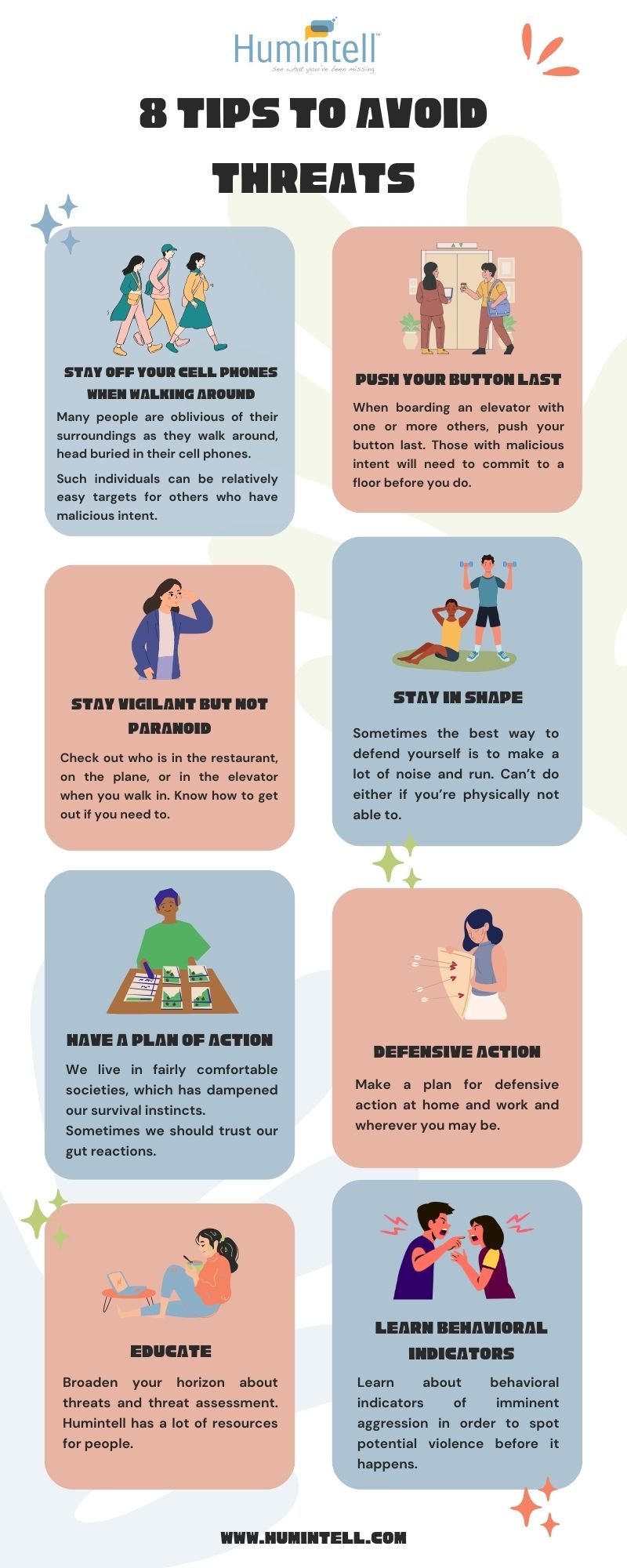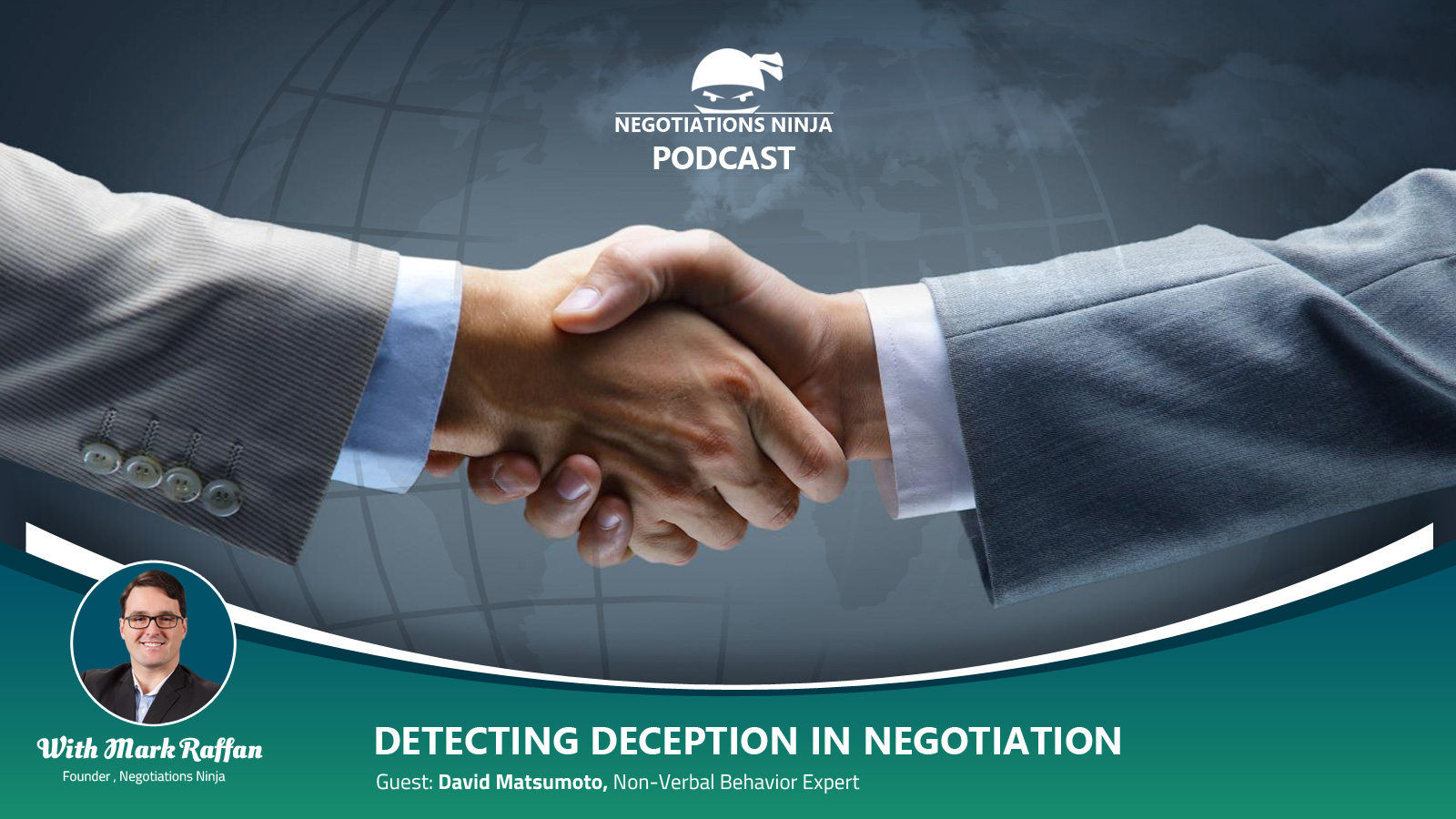 New research presented at the 37th European College of Neuropsychopharmacology studied the activity in the brain’s amygdala during pregnancy.
New research presented at the 37th European College of Neuropsychopharmacology studied the activity in the brain’s amygdala during pregnancy.
The amygdala is part of the temporal lobe and part of a larger network in the brain called the limbic system.
When it comes to survival, the amygdala and limbic system are extremely important. These are parts of the brain that automatically detect danger and play a role in behavior, emotional control and learning.
The researchers found that pregnant women with higher amygdala activity struggled more with emotional regulation and reported more depression symptoms postpartum.
This discovery could lead to early identification and targeted emotion regulation training for at-risk mothers. While preliminary, the findings offer potential for new strategies to prevent postpartum depression.
1 in 7 Women Develop Postpartum Depression
The post Emotion Regulation Training to Prevent Postpartum Depression first appeared on Humintell.
 During pregnancy and the postpartum period, rising hormone levels create a “psychoneuroendocrinological window of vulnerability” for mental health.
During pregnancy and the postpartum period, rising hormone levels create a “psychoneuroendocrinological window of vulnerability” for mental health. The research presented included 47 women — 15 pregnant women and 32 non-pregnant controls.
The research presented included 47 women — 15 pregnant women and 32 non-pregnant controls. Another tragic event has occurred at a school in Georgia recently, and the scene unfolds as it has too many times in our recent past.
Another tragic event has occurred at a school in Georgia recently, and the scene unfolds as it has too many times in our recent past. Using those indicators we were able to predict fairly well when groups were ramping up to engage in acts of violence against members of other groups they despised. I am convinced that those same indicators occur today when I watch or read the news, especially about politics in the U.S.
Using those indicators we were able to predict fairly well when groups were ramping up to engage in acts of violence against members of other groups they despised. I am convinced that those same indicators occur today when I watch or read the news, especially about politics in the U.S.
 When I was a kid growing up, I spent a lot of time outside playing with my friends, as did so many of my generation. A lot of time.
When I was a kid growing up, I spent a lot of time outside playing with my friends, as did so many of my generation. A lot of time. Teenagers and young adults today may find that developing and maintaining such relationships are more difficult compared to the past, contributing to the increased loneliness of the younger generation.
Teenagers and young adults today may find that developing and maintaining such relationships are more difficult compared to the past, contributing to the increased loneliness of the younger generation.

 In Study 1, the researchers recorded semi-structured video calls with 52 participants interacting with a confederate across various everyday contexts.
In Study 1, the researchers recorded semi-structured video calls with 52 participants interacting with a confederate across various everyday contexts. In Study 1, more facially expressive participants were more well-liked, agreeable, and successful at negotiating (if also more agreeable).
In Study 1, more facially expressive participants were more well-liked, agreeable, and successful at negotiating (if also more agreeable).